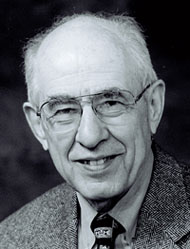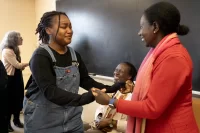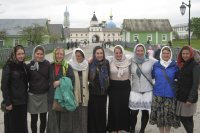Harvard University philosopher to speak
Hilary Putnam, philosopher emeritus at Harvard Univerity, visits Bates College to address the topic The Collapse of the Fact/Value Dichotomy at 7:30 p.m. Monday, April 3, in Chase Hall Lounge, 56 Campus Ave.
Sponsored by the Bates English department, Putnam’s talk is open to the public at no charge.
The Collapse of the Fact/Value Dichotomy is also the title of a book of essays by Putnam (Harvard University Press, 2002) that argues against the notion that facts and values are somehow categorically exclusive of or opposed to one another. Putnam, instead, asserts that facts and values are categorically “entangled,” and even that, as one reviewer wrote, “knowledge of facts presupposes knowledge of values.”
Putnam has written extensively on the philosophy of mathematics, philosophy of natural science, philosophy of language and the philosophy of mind. His other books include Ethics Without Ontology (Harvard University Press, 2005), Words and Life (with James Conant; Harvard University Press, 1994) and Realism With a Human Face (Harvard University Press, 1990).
Putnam has developed a position on the nature of truth and justification that he calls “pragmatic realism.” It has become a widely discussed alternative to both traditional metaphysical kinds of realism and post-modernist scepticism. In recent years, he has focused on the relations between scientific and non-scientific knowledge.
He received his A.B. from the University of Pennsylvania and his Ph.D. in 1951 from the University of California, Los Angeles, where he worked with Hans Reichenbach, noted philosopher of science. Before Harvard, Putnam taught at Northwestern, Princeton and the Massachusetts Institute of Technology. He joined the Harvard faculty in 1976, retired in 2000 and is now the Cogan University Professor in the Department of Philosophy, Emeritus.
Putnam is an intermittent learning associate in the Mellon Learning Associates Program in the Humanities and Social Sciences at Bates. In a program supported by the Andrew W. Mellon Foundation, these learning associates visit the college to share their knowledge and enthusiasm with seniors working on theses in suitable areas of study and with sophomores and juniors preparing intellectually for thesis.





